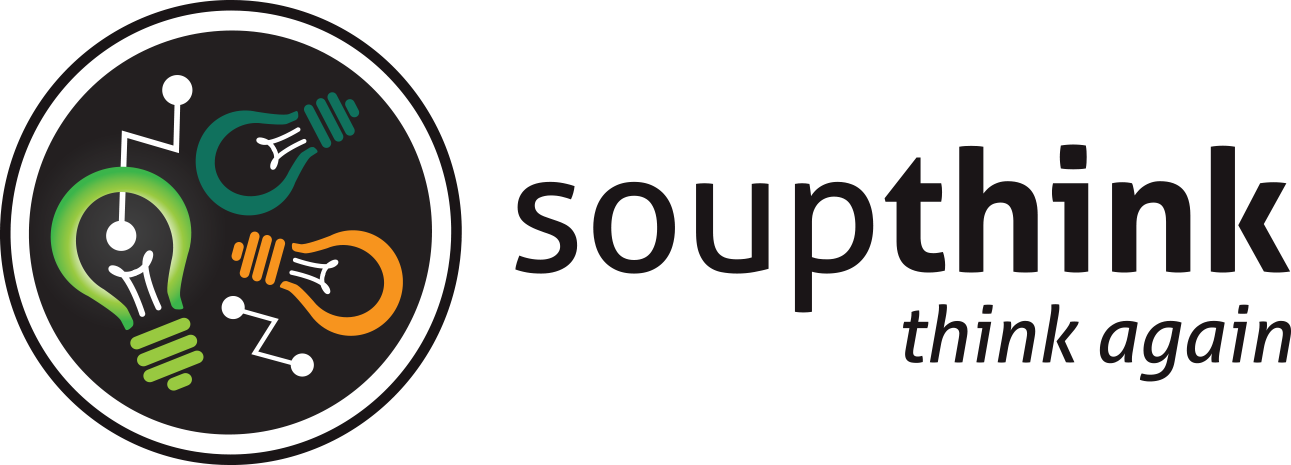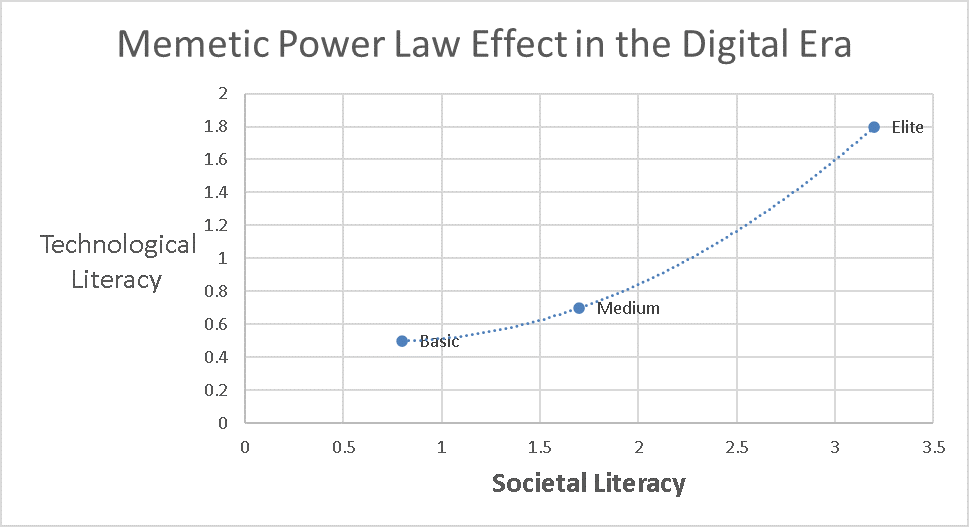Sourced from: http://www.citymetric.com/horizons/can-planting-trees-really-prevent-flooding-1680
Originally written and published on January 31, 2016.
Osmosis is a concept that is relevant to the digital age. Why? Well, whether people learn how to proactively look for information, or learn to simply absorb it from their surroundings (hence the parallel with osmosis), determines how they look to solve problems. And the difference in these approaches may potentially be one of the largest contributors to many social and economic divides across the world.
Many educational systems still rely upon the concept of students passively accepting what they are told. This concept stems from Industrial Era attitudes where workers were considered to only need basic skills for repetitive work. Along with facts and figures, the Industrial Era education system also teaches that:
there is often only one answer to a question
there is little to no crossover between different fields of knowledge;
mistakes are shameful, and to be avoided at all costs.
However, in the digital era, finding solutions does not necessarily come from reading books and memorizing facts by rote, but rather by using trial and error with different techniques until one succeeds. Because of this, it naturally takes longer for people to become productive than by using straight-line, analog-era learning methods.
As a result of their school experiences, many people worldwide connect learning with fear, discomfort, and shame. Many of the people who hold these attitudes tend to be older, tend to have not completed high school, tend to be unemployed, or if employed, to work in a non-professional role.
In reaction to these feelings, they avoid learning in a broader sense, and much of what they learn is by osmosis from the people around them, and from the mass media. In social terms, this may mean only mixing in social circles they already know to be painless. But this fearful mindset around trying new things lessens their current earning potential. It also reduces the number of new ideas and people they come into contact with, which can also limit their future opportunities.
Higher economic returns are now going to people who can work with changing information, and with contextual complexity. In essence, one answer is often no longer useful enough to be valuable. Any work that relies upon repetitive, straight-line thinking is likely to be computerized. And socially this is also becoming true. Homophily (i.e. the idea of “birds of a feather flock together” is becoming increasingly common (https://www.youtube.com/watch?v=OvzAUSVnIbo). Understanding the importance of networks and of how they work both in disseminating information and in connecting people, is a crucial digital skill set. Ideas and attitudes often follow network patterns. As such, if people proactively learn, they are more likely to be able to widen and deepen their networks, and to improve their lives. But people who shun learning in its broad sense are gradually being left on an island of fewer and fewer opportunities.
So, if we don’t want only the well-connected to get ahead, and for most people lived a hand-to-mouth existence, what can we do about it? Well, as the arguments around educational reform have been going on for decades, it is not useful expecting Analog-Era institutions to do it for us.
Mixing with people different to ourselves more generally could be most beneficial, as it would allow for the exchange of ideas beyond mere osmosis. If sustained, it could help to build personal and cultural bridges to isolated networks. Getting involved in volunteer activities related to education, literacy, and computer skills would also help.
What do you think?






